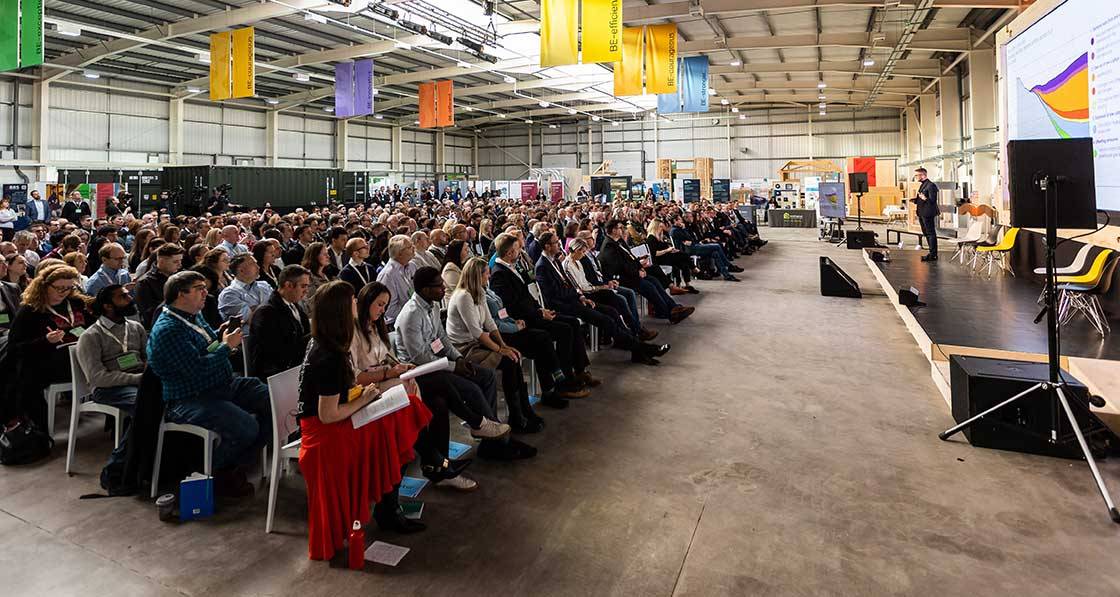
- Climate Change
- Posted
Decarbonising buildings “most important issue” – Climate Change Committee
Decarbonising buildings is “probably the most important issue” in the UK’s efforts to reduce greenhouse gas emissions, according to the UK’s independent authority on climate change.
This article was originally published in issue 43 of Passive House Plus magazine. Want immediate access to all back issues and exclusive extra content? Click here to subscribe for as little as €15, or click here to receive the next issue free of charge
Delivering the first keynote speech at BE-ST Fest in Glasgow, Climate Change Committee (CCC) CEO Chris Stark said: “The built environment – buildings, what we do with those buildings – is probably the most important issue in addressing our emissions and in how we tackle climate change.”
Set up under the UK Climate Change Act to advise the governments of the UK on what they should be doing about climate chance and the targets they should be setting, the CCC’s view is that energy efficiency is the “golden thread” to decarbonising buildings.
“We’ve got this challenge of increasing the number of buildings rated EPC A to C, getting to the point by about the mid-2030s when you’ve got roughly 90 per cent of buildings in the UK at least at the C level,” said Stark. “That makes this a huge national mission. If we don’t do that, the problem is too big.”
Stark said the emphasis should be on rolling out energy efficiency measures to “reduce the size of the problem before we focus on the next stage,” and that government policy was on the right track a decade ago. “In the early 2010s – about 2012 – we were installing over two million measures a year, then the policy rug was pulled away by Ed Davey of all people,” he said. “In the modelling we’ve done for net zero, we increase rapidly those installations over the late 2020s, getting to a peak just about 2030 when we’re back to 2.5 million installations a year, and then it drops off again as we move on to the next challenge of decarbonising heat to those buildings.”
Stark said the emphasis should then shift to the blanket uptake of low carbon heat, rising from about 10 per cent of buildings today, to 100 per cent by 2050. “To do that, heat pumps really are the core of it,” he said, adding that this will require “massive growth in heat pumps to the point we’re installing about a million a year by 2030, up to two million a year [by the mid-2040s] which is broadly what we do with gas boilers today.”
Stark said that the CCC’s modelling has about 20 per cent of properties taking low carbon heat from district heating networks by the middle of the century.
“It can be done,” Stark told delegates at the 25 October event. “We’re talking about an extra quarter of a million people in your sector (by the mid-2030s) across the UK to deliver that hugely beneficial outcome.”
Meanwhile, the second keynote speaker at BE-ST Fest, Christina Gaiger, president emeritus of the Royal Incorporation of Architects of Scotland (RIAS), warned about the prevalence of ad hoc solutions in retrofit. “There is still current investment right now in systems which are not appropriate,” said Gaiger. “We are still building homes that will need to be retrofitted in the future. That is the reality of where we are and if we don’t own that, we’ve got no possibility of driving that conversation forward.”
Gaiger pointed out the added stresses placed on building in the 21st century. “The built environment is going through the climate emergency as well,” she said. “All of our buildings are having to stand up to more than they’ve ever had to stand up to before. They’re also going through the energy crisis and the cost-of-living crisis because not heating a building changes its performance – it wasn’t designed to be not heated.”
Part of the challenge, Gaiger told the 500-strong audience of industry professionals and policy makers, is getting architects to focus attention on seemingly mundane but crucial concerns. “Building maintenance is so, so important,” she said. “Building maintenance isn’t sexy. But […] if I could encourage anyone to do one thing it would be to look after their building and invest in maintenance, because maintenance is green.”
BE-ST Fest, an industry summit focused on zero carbon construction and organised by Built Environment – Smarter Transformation (BE-ST), is the culmination of a month-long festival of the sustainable built environment, showcasing best practice and highlighting emerging opportunities.
Hosted at BE-ST’s Innovation Campus near Hamilton, attendees also heard from a broad range of speakers including Passive House Plus editor Jeff Colley. The event was expertly hosted by architect and ACAN founder Sara Edmonds.
BE-ST CEO Stephen Good said: “Real climate change is happening now – earlier this year we saw UK temperatures exceed 40C for the first time. There has been a lot of talk about how to make change, but we need to take that one step further and start putting plans into action to protect our planet for future generations.
“Our role as an innovation centre is to provide the connections, infrastructure and culture needed to solve the sector’s most pressing challenges, and BE-ST Fest is all about bringing together experts and leading voices that can support businesses to break the status quo,” said Good. “We cannot afford to wait.”
Several of the speakers at BE-ST Fest were interviewed by the hosts of the Zero Ambitions Podcast. Visit www.be-st.build/be-st-fest/ to listen back, and view videos from the event.
Related items
-
 September’s AECB environmental construction conference seeks to spark debate among industry experts
September’s AECB environmental construction conference seeks to spark debate among industry experts -
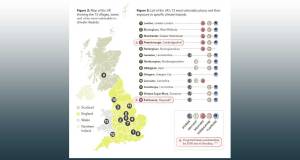 Climate report warns overheating crisis threatens UK
Climate report warns overheating crisis threatens UK -
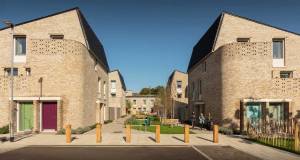 Sustainable building leaders crowned at Exemplar Awards
Sustainable building leaders crowned at Exemplar Awards -
 Barratt launches record passive house scheme
Barratt launches record passive house scheme -
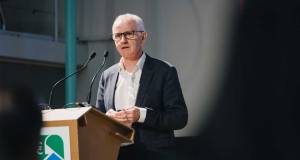 Green homes and finance join forces for growth
Green homes and finance join forces for growth -
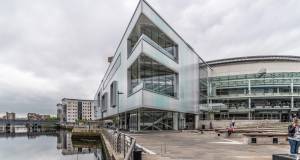 Irish and British associations unite for conference as passive house explodes
Irish and British associations unite for conference as passive house explodes

